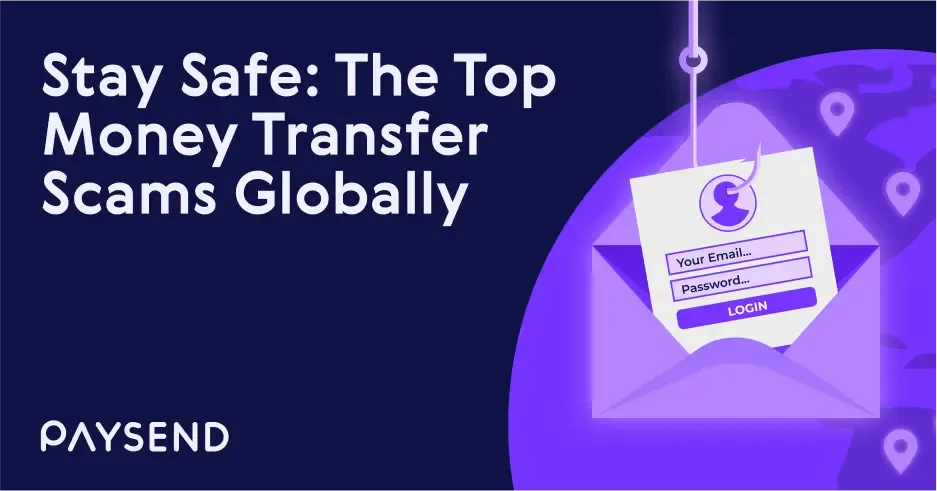How to send money to Morocco

Morocco is a country that nearly straddles two continents - although it is part of northern Africa, it’s so close to Spain that the ferry ride can be done in under an hour!
There are over 5 million Moroccan people living and working abroad who regularly send money home to support friends and family. You’ll find large Moroccan populations across much of Europe, North America and the Middle East, and Moroccan expats have helped to spread their unique culture across most of the globe!
When making transfers from other countries, expats want to find the cheapest money transfer to Morocco, so that as much money arrives as possible and isn’t lost in high transfer fees.
So which options are available?
How to send money to Morocco
There are a number different ways to send money to Morocco, and they differ in terms of speed, cost and simplicity.
You might go with a traditional offline method like a bank, post office or money transfer outlet, but this will often be slower and be more costly thanks to poor exchange rates and high commission charges. Alternatively, you can choose an online money transfer service, which can often be much faster and cheaper than offline methods.
With Paysend you can send money online to card accounts and digital wallets in Morocco. The only information you need to send the money is the recipient’s card/wallet number and full name.
This means you don’t need lots of bank details to send the money! The money is received straight to your recipient’s card or wallet as soon as the transfer is complete.
Check out our Trustpilot page to see what our customers have to say about us!
How much does it cost to send money to Morocco?
If you want to send money to a card account in Morocco, it costs only £1, $2 or €1.50 (or equivalent), no matter how much you want to transfer.
If you’re transferring money to a digital wallet, there’s no transfer fee if you choose Paysend.
Our low fees mean that your recipients will have even more money to spend!
How much will my recipient receive?
Paysend uses excellent, competitive exchange rates, and along with our low fees we provide some extremely cheap money transfers to Morocco. You can find out exactly how much your recipient in Morocco will receive on our homepage.
How long does it take to transfer money to Morocco?
Money sent using Paysend will usually reach the recipient in Morocco within a few minutes of being sent, although it could take up to three days working days if your recipient’s bank isn’t quite as quick as us at processing payments!
Download the Paysend app now to start sending money to Morocco!
Nejnovější příspěvky

Sending money internationally has never been easier, but as digital payments become more popular, so do scams targeting unsuspecting senders. Fraudsters use various tactics to deceive people into transferring money, often pretending to be banks, employers, or even loved ones in distress.
To help you stay protected, we’ve outlined some of the most common and most recent money transfer scams happening around the world and how you can avoid them.

Sending money to Poland isn’t just about transactions - it’s about staying connected with loved ones, supporting family, and helping celebrate life’s special moments. Whether it’s funding daily expenses, contributing to education, or lending a hand during festive occasions, the process should be fast, secure and hassle-free. With Paysend’s partnership with Visa, transferring money to Poland has never been easier.